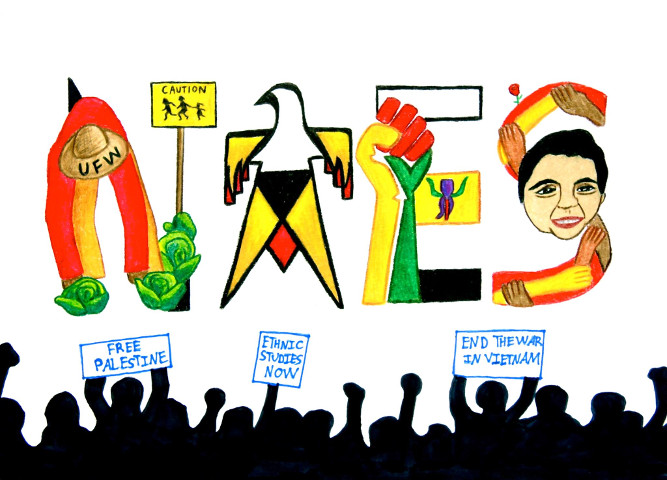Explorations in Ethnic Studies

Orginal Publication Date
1990
Journal Title
Explorations in Ethnic Studies
Volume
13
Issue
ees/vol13/iss2
First Page
52
Last Page
57
Abstract
In her discussion of Mattie Michael and Avey Johnson as mentors in Gloria Naylor's The Women of Brewster Place and Paule Marshall's Praisesong for the Widow, Wells uses as a focal point Gwendolyn Brooks's poem "What Shall I Give My Children?" It is a socially and politically institutionalized assignment that becomes cosmic when experienced by African American women. Joanne M. Braxton expresses it: "As Black American women, we are born into a mystic sisterhood, and we live our lives within a magic circle, a realm of shared language, reference, and allusion within the veil of our blackness and our femaleness . . . . "[1] Wells quotes Toni Morrison regarding the black woman: "She has nothing to fall back on; not maleness, not whiteness, not ladyhood, not anything. And out of her reality, she may well have invented herself." And she invented a self that shaped her identity within the constrictions of a hostile network that wove a tapestry of bonding, the foundation of becoming a mentor, or providing "ancestral presence" to borrow phrases from Braxton, in the image of "the outraged mother." The roles of mentors and bonding are survival mechanisms, spiritually and physically.
Rights
Copyright, ©EES, The National Association for Ethnic Studies, 1990


